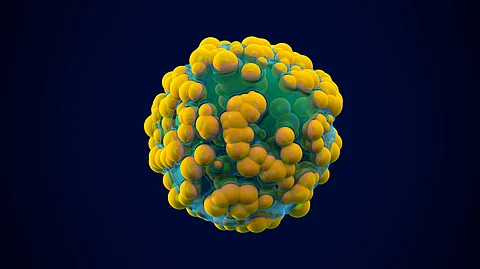For over a year, new patients diagnosed with Hepatitis‑C have been unable to begin their treatment due to the depletion of essential drugs. Nearly 100 patients are currently awaiting the resumption of free medication services . Although follow‑up patients continue to receive their prescribed courses to prevent dangerous interruptions, this prioritisation has left first‑time patients in limbo.
Data from the Civil Hospital reveals a sharp increase in Hepatitis‑C cases in recent years. Since 2020, case numbers have risen from 244 to 798 in 2022, with nearly 350 new diagnoses already reported in early 2023. The rising caseload has outpaced government supply, resulting in daily turnaways of new patients—five to seven per day


